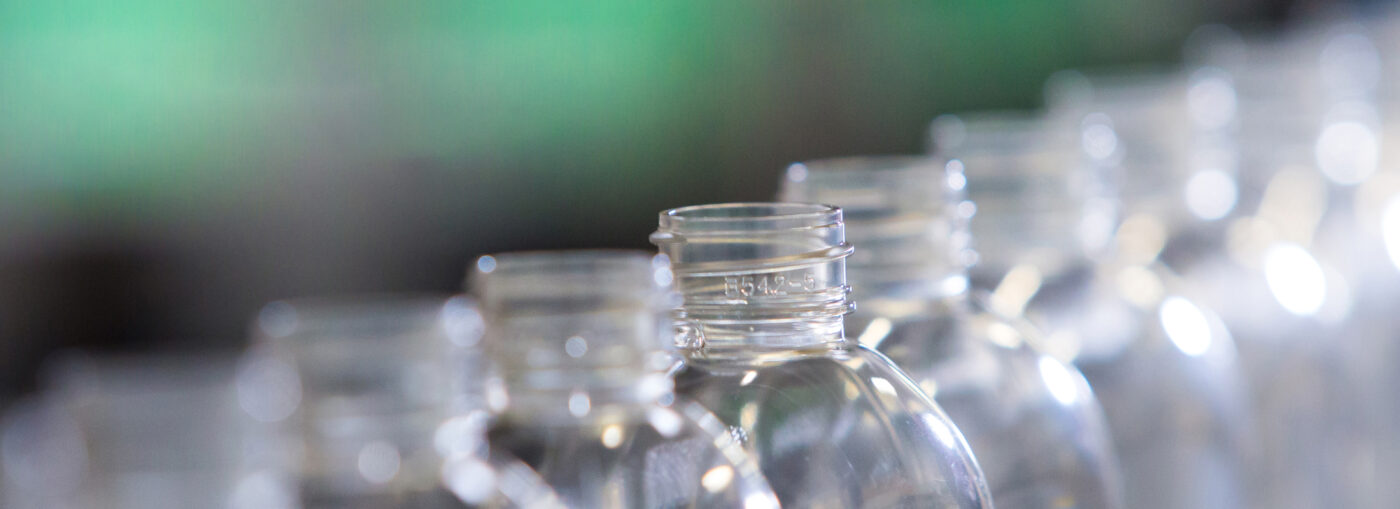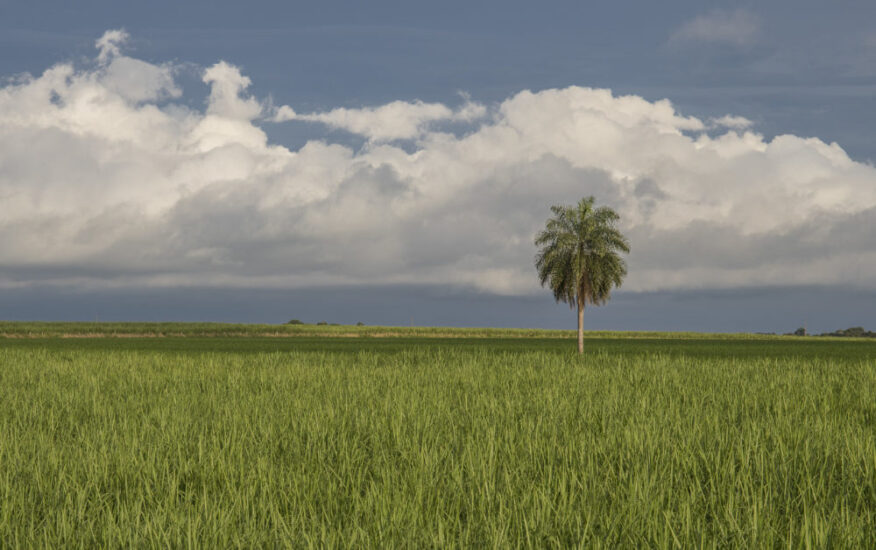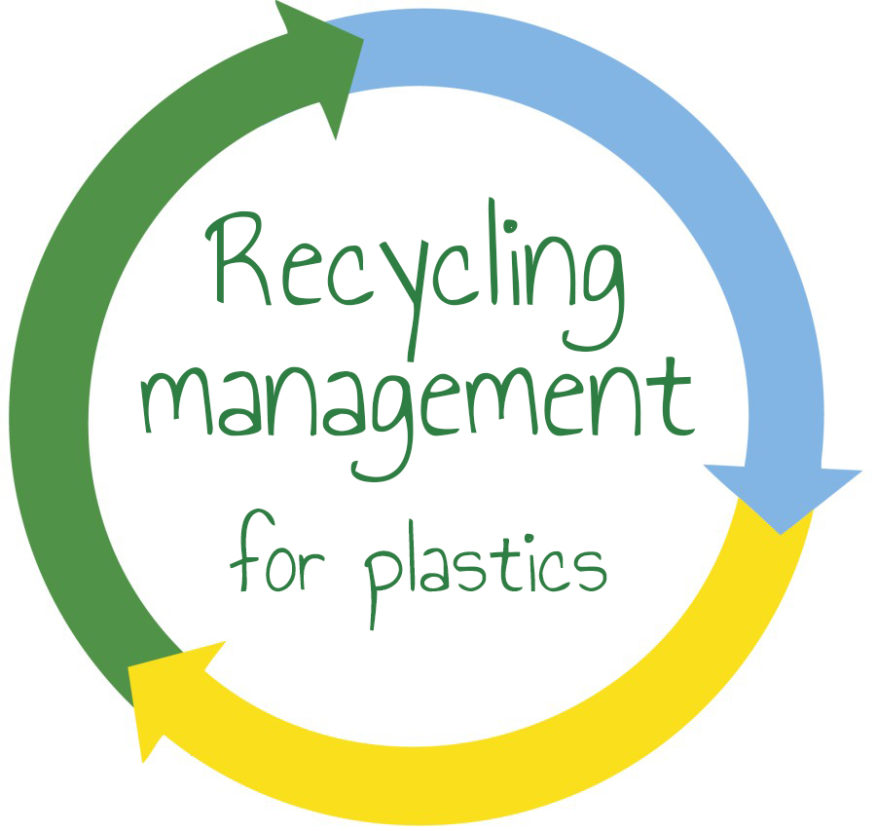

Plastic
Today it is difficult to imagine a life without plastic even though the success story of this practical material isn’t very old. Since the 1960s the worldwide production of plastic has increased 20-fold and there is no end in sight. At the same time the amount of plastic waste is rising to such an extent that we need new strategies to deal with it. Bioplastics are not the solution. Much more ecologically relevant is sensible recycling. Instead of using plastic items just once with the attitude of “here today, gone tomorrow,” We for Recyclates adheres to the practices of a circular economy.
Created by humans
Plastics are materials with properties and chemical composition that do not exist in nature; they are synthesized by people. For most plastics we know today, the most important raw materials are petroleum and natural gas, two fossil fuels whose worldwide supplies are limited. It makes much more ecological sense to recycle used plastic products instead of creating new plastics with the continued use of gas and oil.
The different types of plastic are known by their acronyms. PET is much easier to say and write than the full name “polyethylene terephthalate”; PE stands for “polyethylene” and PP for “polypropylene”. These three plastics are used primarily in the packaging of consumer goods. The Yellow Bag collection system for such packaging is the source from which We for Recyclates obtains raw material for new packaging material.
Plastic – named for its material properties
The word “plastic“, which means something soft, malleable, capable of being shaped, is derived from the Latin “plasticus”.
"Bio-based" and "biodegradable" plastic – are not environmentally friendly alternatives

Until about 1930 plastic production was based predominantly on renewable raw materials. Beginning in the 1950s, the materials originating from plants or animals were replaced by petroleum and natural gas. However, because fossil-based raw materials are becoming scarcer and their use and disposal are harmful to the climate, today, the use of plastics made of renewable resources is the subject of research and discussions.
Only a true circular economy conserves raw materials and protects the environment

We for Recyclates advocates environmentally friendly handling of plastic. Based on the current state of knowledge, we – and a large number of environmental researchers – see no ecological advantage in the use of plastics of renewable raw materials or biologically degradable plastics. They do not solve the problems with the climate or with the increasing amount of waste that makes its way, uncontrolled, into the environment. We are convinced that only a genuine circular economy can conserve raw materials, protect the environment and prevent waste.